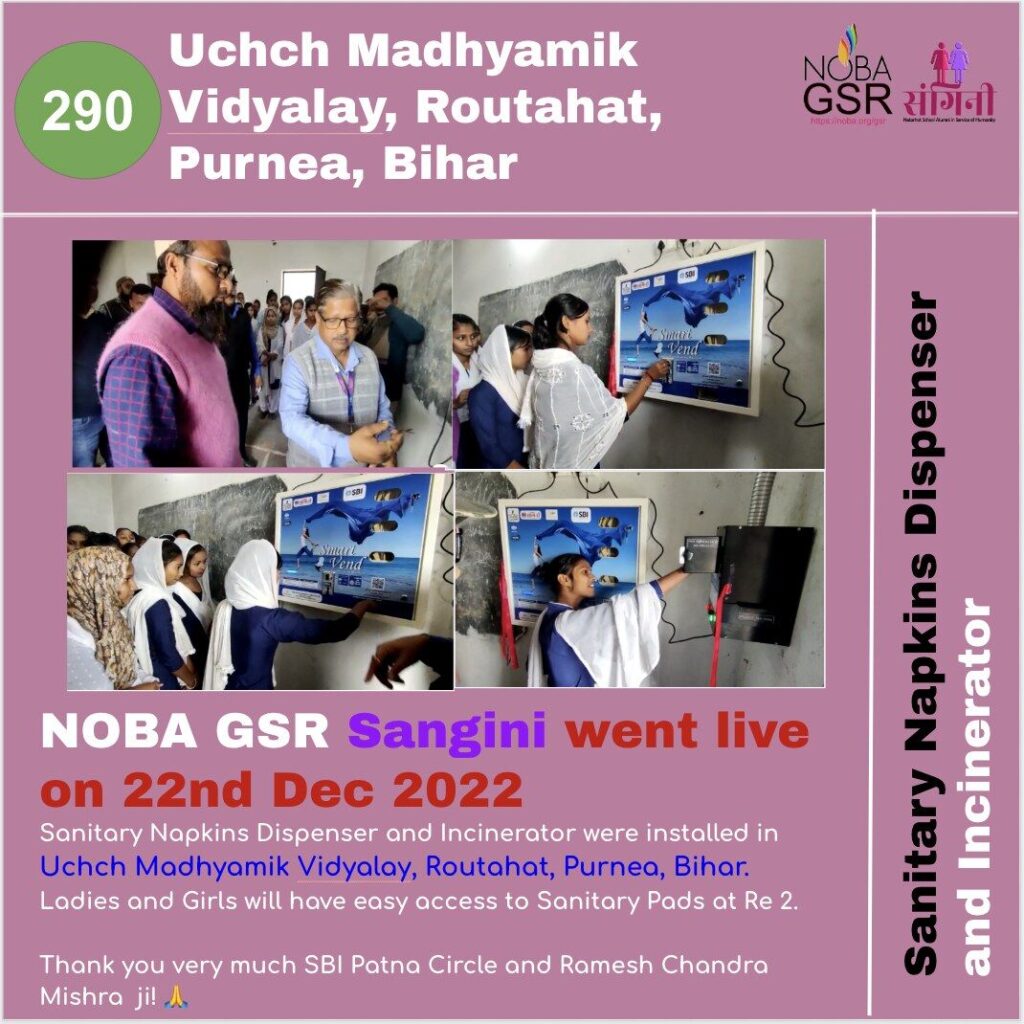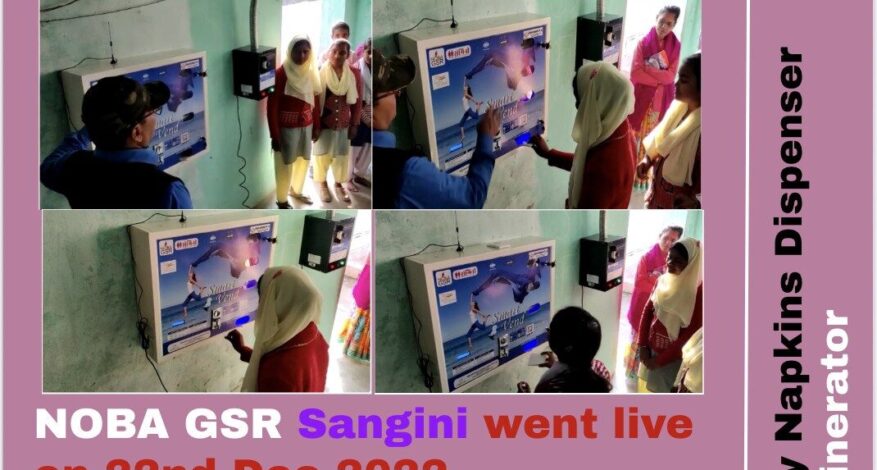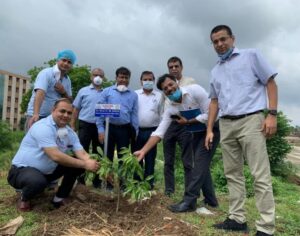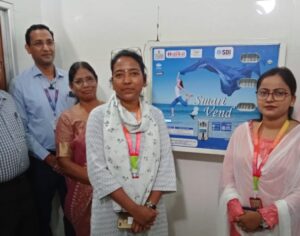25th Dec 2022 On issuing the handbook of Sangini
On Issuing the Handbook of Sangini
I am truly honoured and delighted to have been given the opportunity to lead this essential and much-needed initiative, Sangini that is an honest attempt of NOBA GSR to not only generate awareness of menstrual hygiene among rural community but also make sanitary pads available at the most affordable rate, right next to their doorstep.
Why do I believe that this is such an important and ground-breaking initiative?
Well I don’t believe in ground-breaking part, but mere ‘important’ is an understatement. Globally, approximately 52% of the female population (26% of the total population) is of reproductive age. In India, only ~36% of the 33.5 Crores menstruating women use sanitary napkins for their personal hygiene needs. 70% of our families cannot afford the sanitary napkins currently available in the market. And the most distressing fact is that 2.3 crores girls in India drop out of school every year as soon as they hit puberty between age of 10-14. With such stats even in 21st century, it would be unpardonable if we don’t take any corrective measures.

Menstruation is an integral and normal part of human life, indeed of human existence, and menstrual hygiene is fundamental to the dignity and wellbeing of women and girls and an important part of the basic hygiene, sanitation and reproductive health services to which every woman and girl has a right. However, menstruation is too often taboo, and has many negative cultural attitudes associated with it, including the idea that menstruating women and girls are ‘contaminated’, ‘dirty’ and ‘impure’. Menstruating women and girls are forced into seclusion, suffer reduced mobility and dietary restrictions, and can be prevented, through cultural norms, from participating in daily activities. Unfortunately, the silence and stigma surrounding menstruation makes finding solutions for menstrual hygiene management has been a low priority for ages.
So what steps NOBA GSR attempted to have taken?
NOBA GSR have come up with a financially affordable, contextually convenient and technically scalable model to address this problem for the rural communities. We are pleased to share that through this model, 289 locations are now live with Sanitary Napkins Dispensers and Incinerators. These machines are now able to provide 36 lacs pads every year assuming only 100 ladies availing only 10 pads a month. To top it up, we have secured further fundings for another 300 locations that will touch the provision of almost 1 crore pads per year.
The success has not been straightforward, the immoral taboos, indifference to such urgent cause, lack of helping hands and of course the lack of financial capitals, to name the few. We are truly indebted to the helping hands extended by The SBI, Execs of Reflexis, Vidya Vihar Group of Institutes, Brajesh Automobiles, Juju Production, Nextenture, Rachna club – Japan and all NOBA members and non-NOBA volunteers, whose timely contributions have brought us to this stage. Let me appeal to many more institutions – private & PSUs, large & SMEs and private individuals to come forward and take this initiative forward to all vulnerable girls and ladies across India.
The first step is to break this silence. Menstrual hygiene needs to be tackled comprehensively and contextually, to give women and girls the confidence and space to voice their need for improved menstrual hygiene. This handbook brings together, the accurate, straightforward, non-judgemental knowledge and practice on menstrual hygiene and how best to operate NOBA GSR Sangini model to make it a grand success for our rural girls and ladies.


